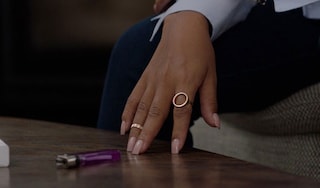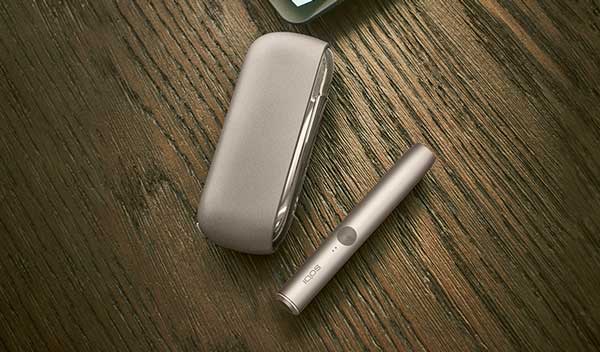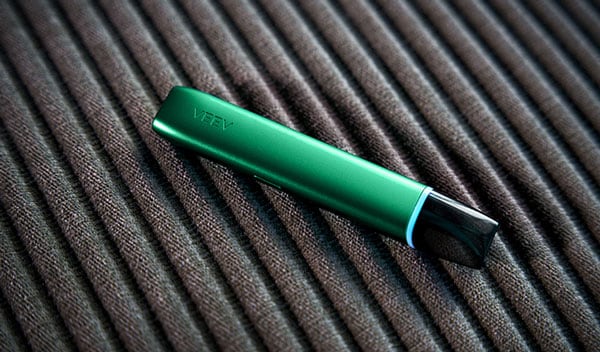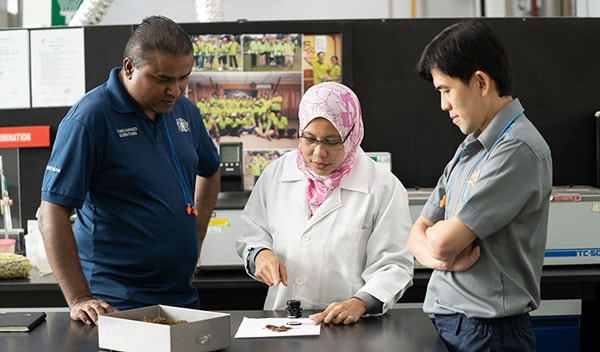Click the questions to find your answers below
-
smoking-and-cigarettes
-
Philip Morris International (PMI) sells over 130 brands. Its cigarette portfolio is led by Marlboro, the world’s best-selling international cigarette. Marlboro is complemented in the premium-price category by Parliament and Virginia S. PMI's leading mid-price brands are L&M, Lark, Merit, Muratti, and Philip Morris. Other leading international brands include Bond Street, Chesterfield, Next, and Red & White.
The company also own a number of important local cigarette brands, including Dji Sam Soe, Sampoerna A and Sampoerna U in Indonesia; Fortune and Jackpot in the Philippines; Belmont and Canadian Classics in Canada; and Delicados in Mexico.
In addition to PMI's leading international and local cigarette brand portfolio, its also commercializing smoke-free alternatives to smoking cigarettes. These products do not burn tobacco, but have the nicotine and taste that can satisfy existing smokers. -
Philip Morris International’s products are sold in more than 175 markets. In many of these PMI holds the number-one or number-two position by market share.
The company's portfolio of international and local brands is led by Marlboro, the world’s best-selling cigarette.
In addition to PMI's cigarette brand portfolio, it is also commercializing alternatives to cigarettes. PMI's smoke-free products do not burn tobacco, but have the nicotine and taste that can satisfy existing adult smokers. Its most advanced smoke-free product is the IQOS tobacco heating system. -
Cigarettes are produced in factories around the world. The main steps involved are processing the tobacco leaf, manufacturing the actual cigarette, and packaging them.
Philip Morris International (PMI) operate and own 51 production facilities and produce over 800 billion cigarettes each year. -
Cigarettes are made from:
- Tobacco, selected according to specific blends and leaf grades to maintain the consistency and distinctive character of each brand
- Ingredients, added to many of PMI’s brands to keep the tobacco moist, aid the manufacturing process, replenish natural sugars lost during leaf curing, and contribute to each brand’s unique taste
- Nontobacco materials, such as paper or filters
The selection of the right tobacco blend is the first step in cigarette production. This blend is finely cut before it passes through a drying cylinder to reduce moisture. When the moisture is at an optimal level, the blend is ready for cigarette manufacturing.
This process begins by creating one long cigarette, called a “rod,” which is up to 7,000 meters long.
Machines slice this super-sized rod into shorter pieces, inserting filters at both ends. Each shorter rod is then cut in half, producing two filtered cigarettes.
To prepare the final pack, individual cigarettes are sorted into pack-sized groups and wrapped in foil to preserve their freshness. -
No, Philip Morris International does not add ingredients to make cigarettes addictive. The ingredients PMI adds to many of our brands keep the tobacco moist, aid the manufacturing process, replenish natural sugars lost during leaf curing, and contribute to each brand’s unique taste.
It’s the nicotine that makes cigarettes addictive. Nicotine exists naturally in tobacco, which is the main ingredient in our cigarettes. -
Yes, smoking is harmful. Cigarette smoking causes serious disease and is addictive.
Cigarette smoke contains more than 6,000 chemicals or “smoke constituents.” Public-health authorities have classified approximately 100 of them as causes or potential causes of smoking-related diseases such as lung cancer, cardiovascular disease, and emphysema.
However, alternatives to continued smoking exist, such as PMI's portfolio of smoke-free products. They also provide nicotine which is addictive but represent a better choice for adults who would otherwise continue to smoke. -
Yes, cigarettes are addictive. They contain nicotine, which is an addictive compound found naturally in tobacco leaves.
Although there are a variety of cigarette brands with different features available on the market, smokers should not assume that any of these features means that one cigarette is less addictive or less harmful than others.
However, alternatives to continued smoking exist. Philip Morris International (PMI) has a portfolio of smoke-free products. They also provide nicotine which is addictive, but represent a better choice for adults who would otherwise continue smoking. -
Marlboro has been the world’s number-one international cigarette brand since 1972, and is one of the best-known trademarks among all consumer products. It’s sold in 170 markets worldwide and its market share in 2024 was 10.1 percent.
-
Philip Morris International sells over 130 brands of cigarettes. PMI's cigarette portfolio is led by Marlboro, the world’s best-selling international cigarette.
PMI's smoke-free portfolio is led by the IQOS heated tobacco brand, which does not burn tobacco, but delivers the nicotine and taste that can satisfy existing adult smokers. The company's ultimate aim is to replace cigarettes with smoke-free alternatives. By March 31, 2025, these alternatives made up over 42 percent of PMI's total net revenues. By 2030, PMI is aiming to raise that to two thirds, thus becoming a majority smoke-free company. PMI also sells e-vapor products, such as VEEV, and oral smokeless products, such as ZYN nicotine pouches.
In the premium-price cigarette category, Marlboro is complemented by Parliament and Virginia S. L&M, Lark, Merit, Muratti, and Philip Morris are its leading mid-price brands. Other leading international brands include Bond Street, Chesterfield, Next, and Red & White.
PMI also own several important local cigarette brands, including Dji Sam Soe, Sampoerna A and Sampoerna U in Indonesia; Fortune and Jackpot in the Philippines; Belmont and Canadian Classics in Canada; and Delicados in Mexico.
-






